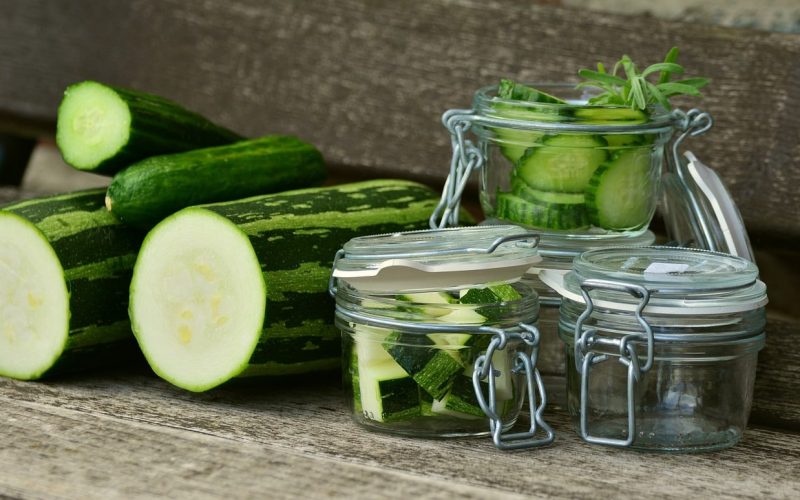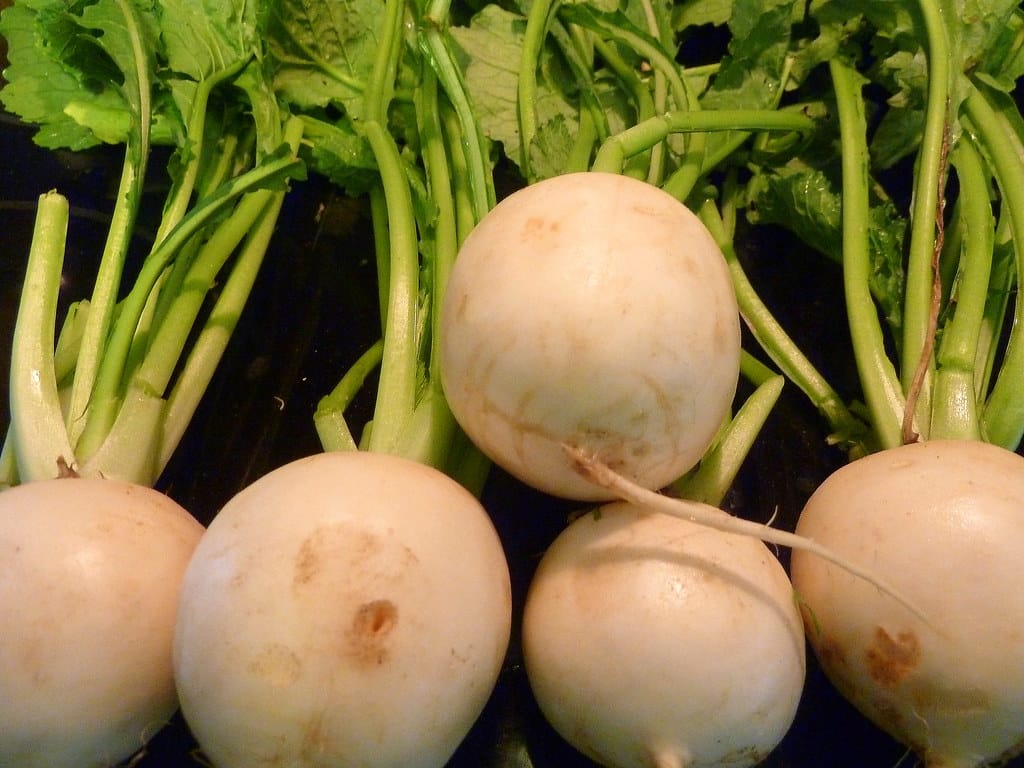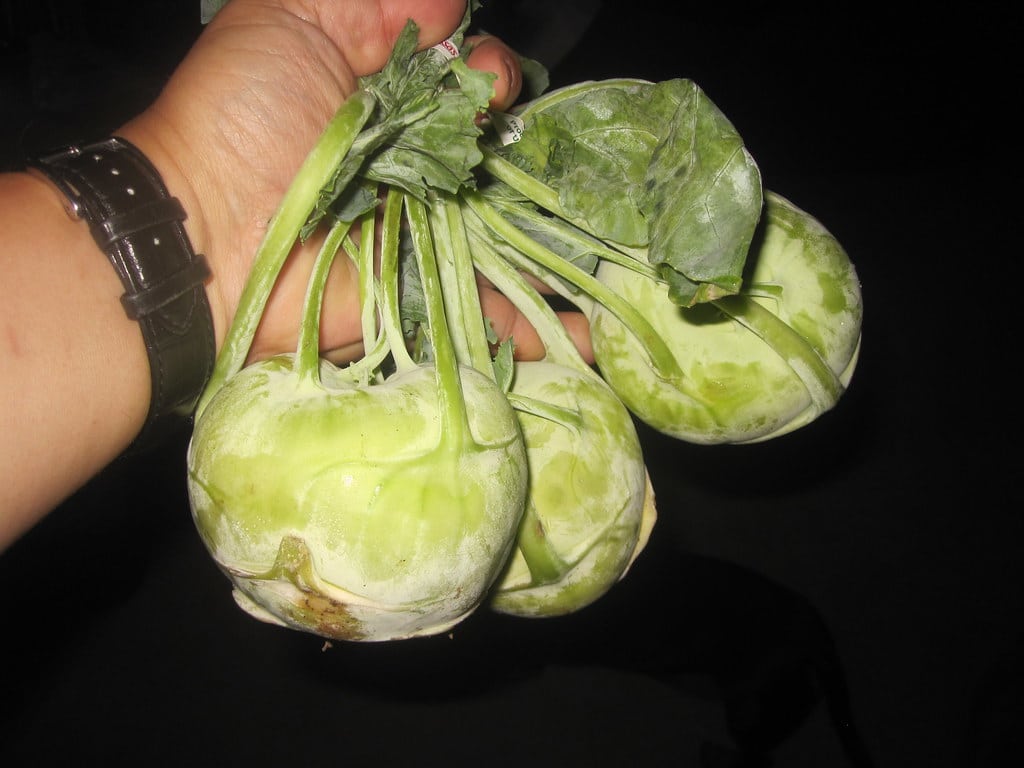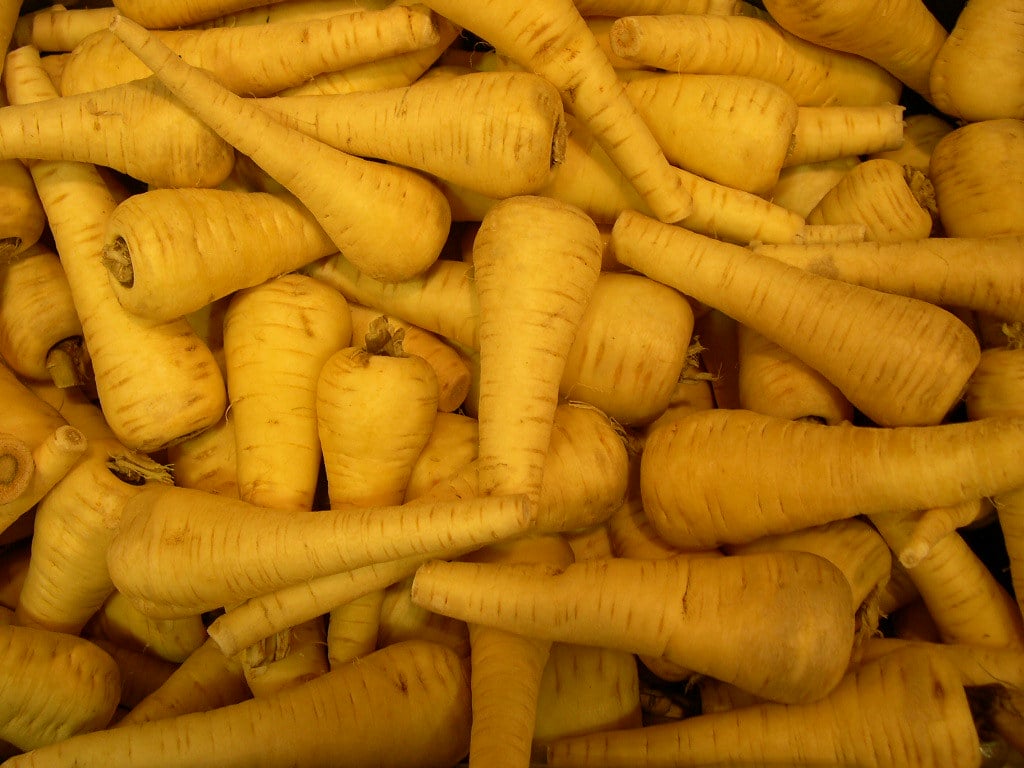If you are in the middle of preparing a recipe and can’t find any zucchini, don’t worry!
There are plenty of other ingredients that you can use as a substitute. This blog post will provide you with the best substitutes for zucchini that you can use in various recipes.
With these options, you’ll never have to worry about not having zucchini on hand again. Read on to discover the best substitutes for zucchini!
Zucchini is a popular vegetable, but sometimes you may want something different.
Whether you don’t have access to zucchini or are just looking to change up your meals, there are plenty of great alternatives.
In this blog post, we’ll share the best substitutes for zucchini so you can experiment with different flavors and textures in your cooking.
From eggplant to summer squash, discover some of the best zucchini replacements.
1. Spaghetti Squash
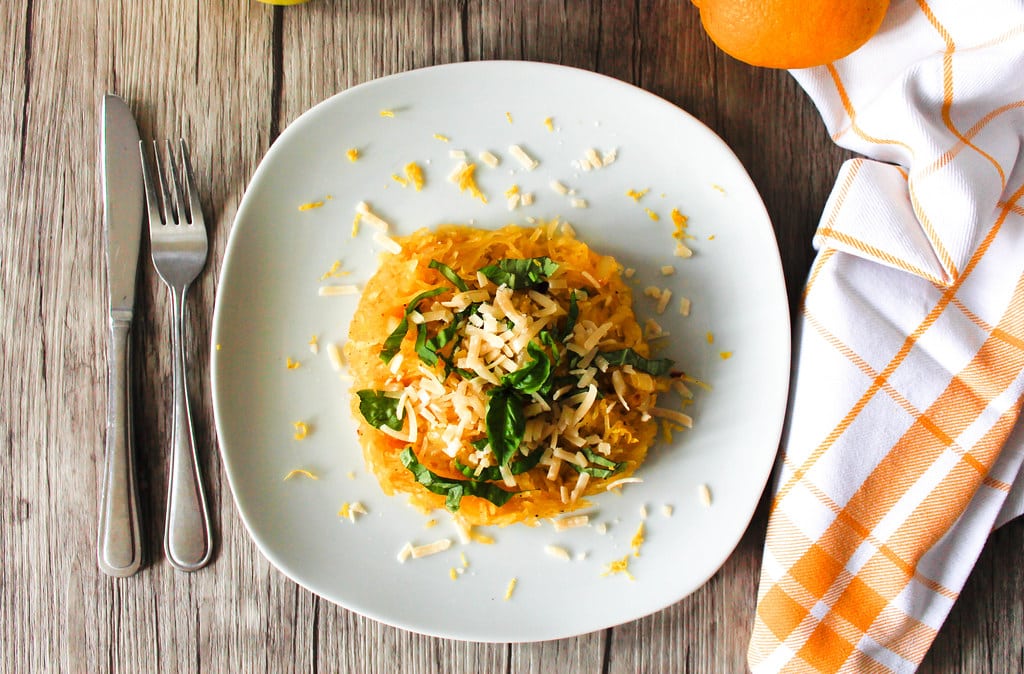
If you are looking for the best substitutes for zucchini, consider spaghetti squash.
While the texture of this vegetable is not quite the same as that of zucchini, it does provide a similar flavor.
It can be cooked much like zucchini, steamed or boiled. Spaghetti squash is also packed with vitamins and minerals, so it’s a nutritious alternative.
To cook spaghetti squash, cut it in half and remove the seeds. Place it face down in a baking dish with about 1⁄2 inch of water.
Bake at 375 degrees for 40 minutes, then use a fork to separate the strands and serve.
2. Yellow Squash
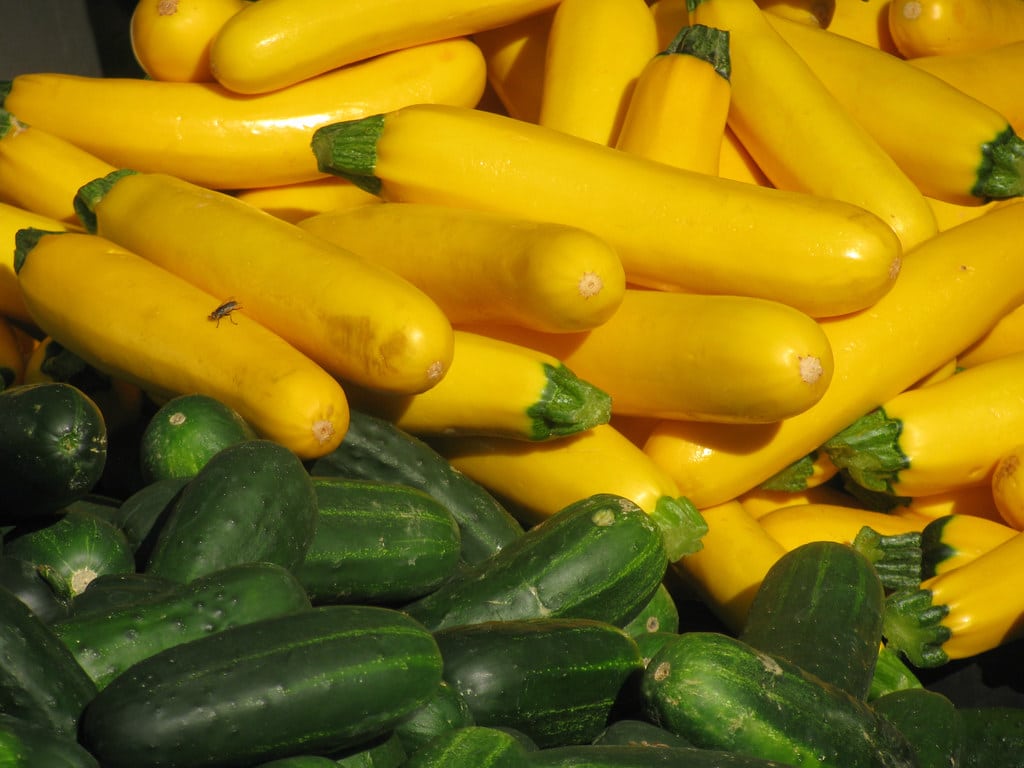
Yellow squash, also known as summer squash, is one of the best substitutes for zucchini.
It has a similar texture and flavor profile and can be used in many of the same dishes.
Yellow squash is available year-round and can be found in most grocery stores.
It has a mild taste and can be steamed, sautéed, roasted, boiled, or grilled.
It can be added to soups and stews, used in stir-fries, or substituted in any recipe for zucchini.
You can also use it to make cakes, casseroles, or pizza. When cooking with yellow squash, remember that it cooks quickly, so it should be added towards the end of the cooking process to avoid overcooking.
3. Cucumber

Cucumbers make one of the best substitutes for zucchini in salads and stir-fries. They are crunchy, mild in flavor, and provide plenty of moisture.
When substituting cucumber for zucchini, consider using a smaller size to make the texture more comparable.
Be sure to peel the skin off before use if it is too tough or bitter. You can also leave the skin on for added crunch and nutrition.
Cucumbers make a great addition to dishes that contain heavier ingredients, like pasta and soups, as they help to balance out the heavier flavors.
4. Eggplant

Eggplant is a delicious and versatile vegetable, making it one of the best substitutes for zucchini.
It has a mild flavor and can be cooked in various ways, including baking, grilling, sautéing, and roasting.
Eggplant pairs particularly well with herbs and spices such as oregano, garlic, thyme, and basil.
When choosing eggplant for your dish, select ones that are firm and free of blemishes. Cut off the ends and slice into desired sizes to prepare eggplant for cooking.
Eggplant can be used in various recipes, from stir-fries to ratatouille. Or you can use it instead of lasagna noodles in a tasty eggplant lasagna.
5. Celery

Celery is one of the best substitutes for zucchini in many dishes. Celery has a similar crunchy texture and mild flavor that can be easily substituted for zucchini in most recipes.
It can also be cooked in many of the same ways as zucchini, such as sautéed, roasted, or boiled.
For example, you can use celery instead of zucchini when making stir-fries or soups. You can also use celery in casseroles, salads, and even sauces.
However, it’s important to note that celery will take longer to cook than zucchini, so you may need to adjust your cooking time accordingly.
Also, keep in mind that celery has a higher water content than zucchini, so your dish may turn out slightly soupy if you don’t account for this.
6. Pumpkin
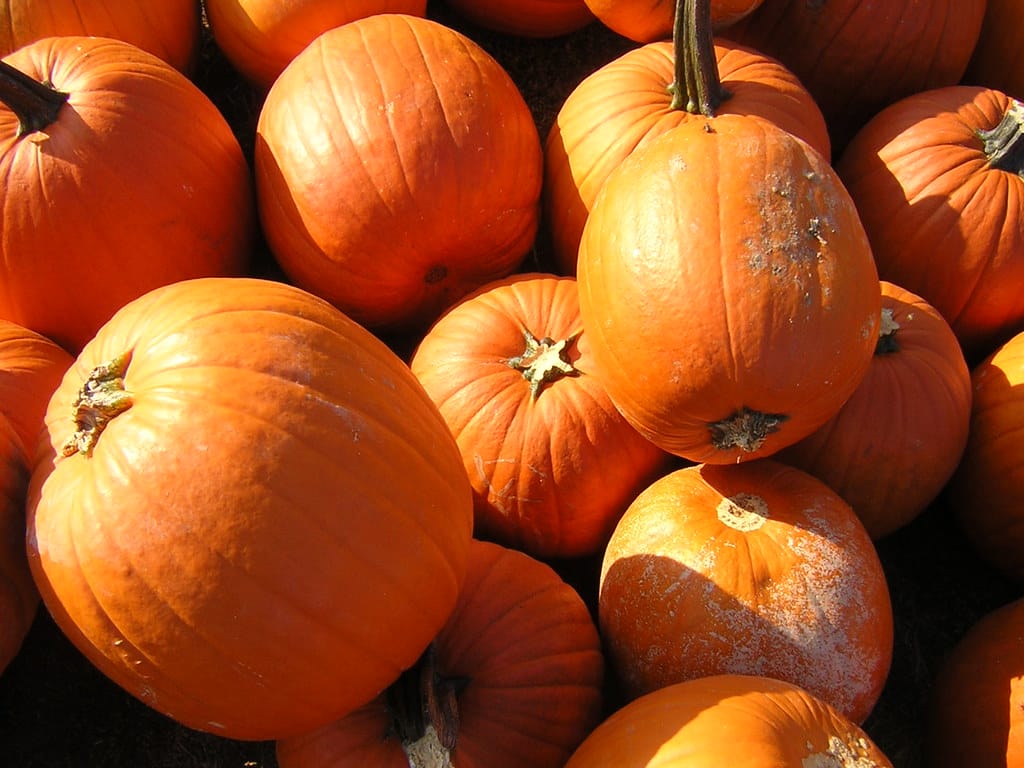
Pumpkin is one of the best substitutes for zucchini and can be used in many of the same recipes.
It has a mild flavor and a smooth texture that works well in baked goods, soups, stews, and casseroles.
When cooking with pumpkin, make sure to remove the skin and remove any seeds before cooking.
It can be steamed, boiled, mashed, or roasted and added to recipes instead of zucchini.
Pumpkin is also high in fiber, which makes it a healthy alternative to zucchini. Try substituting pumpkin for zucchini in lasagna, quiche, ratatouille, and stir-fries.
7. Carrots
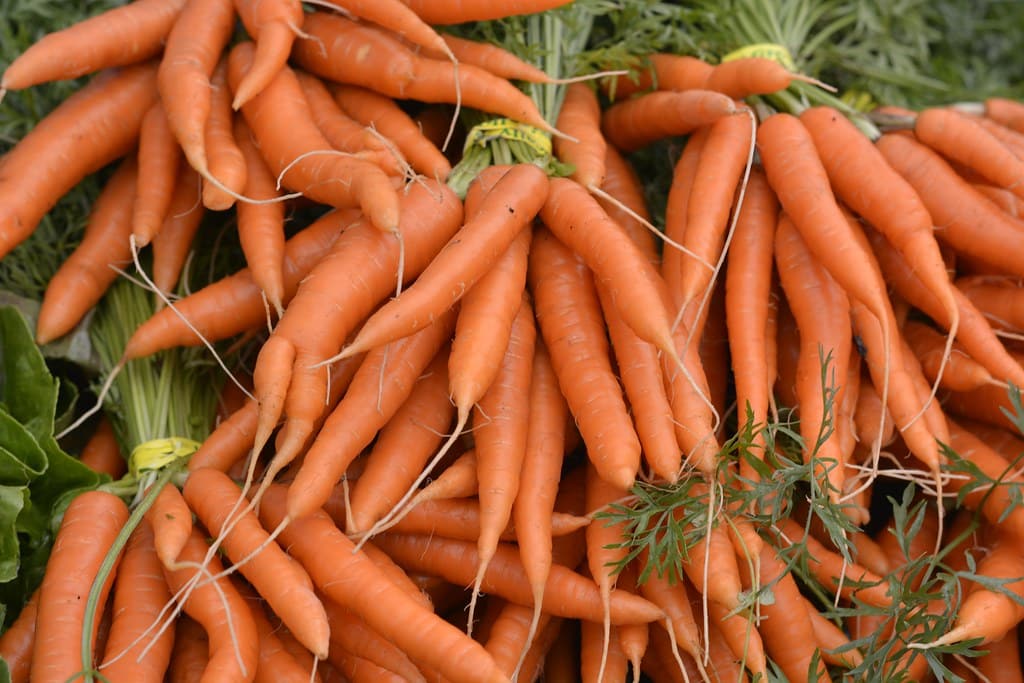
Carrots are one of the best substitutes for zucchini. Whether you’re looking for a vegetable side dish or something to add flavor to a soup or stew, carrots make an excellent replacement for zucchini.
Carrots are sweeter than zucchini but still have a light, crisp texture that works well in many recipes.
Carrots can be cooked in various ways, including steamed, boiled, roasted, or sautéed. They can also be used raw in salads and dips.
If you want to get creative, add grated carrots to muffins or pancakes for an extra sweet and nutritious boost.
When selecting carrots at the store, look for firm carrots with bright orange color. Avoid any carrots that are soft or wrinkled.
When preparing carrots, make sure to wash and peel them before cooking or eating them raw. This will help remove any dirt and bacteria that may be present on the surface.
8. Apple

If you are looking for the best zucchini substitutes, consider using apples.
Apples are a crunchy and sweet addition to any dish that requires zucchini, such as stir-fries, salads, and soups.
While the texture may not be quite the same as that of zucchini, apples still offer a nice crunch.
In addition to adding flavor and texture, apples also bring additional vitamins and minerals to the dish.
Apples are rich in vitamin C, which helps to strengthen the immune system. They also contain a high level of dietary fiber, which can aid in digestion and help to reduce cholesterol levels.
The flavor of apples pairs nicely with herbs and spices such as rosemary, sage, thyme, garlic, and ginger.
9. Parsley
Parsley is a popular herb and one of the best substitutes for zucchini. It has a unique flavor that is mild and slightly peppery and can be used in many dishes where you would normally use zucchini.
Parsley is great for adding flavor to soups and salads and also makes a great side dish when sautéed with garlic and butter.
It’s low in calories and rich in antioxidants, vitamin A, vitamin C, calcium, and iron.
When substituting parsley for zucchini, it’s important to keep the cooking time in mind; Parsley needs to be cooked longer than zucchini, so adjust the recipe accordingly.
10. Beetroot

Beetroot is one of the best substitutes for zucchini due to its similar texture and crunchy profile.
This root vegetable contains many nutrients, such as vitamin C, iron, magnesium, manganese, and fiber.
Beetroot can be eaten raw, cooked, or pickled, making it a versatile and delicious ingredient.
When substituting beetroot for zucchini, slice it thin and use it in salads, sautés, roasts, and bakes. You can even spiralize beetroot to use as a noodle alternative.
11. Jicama
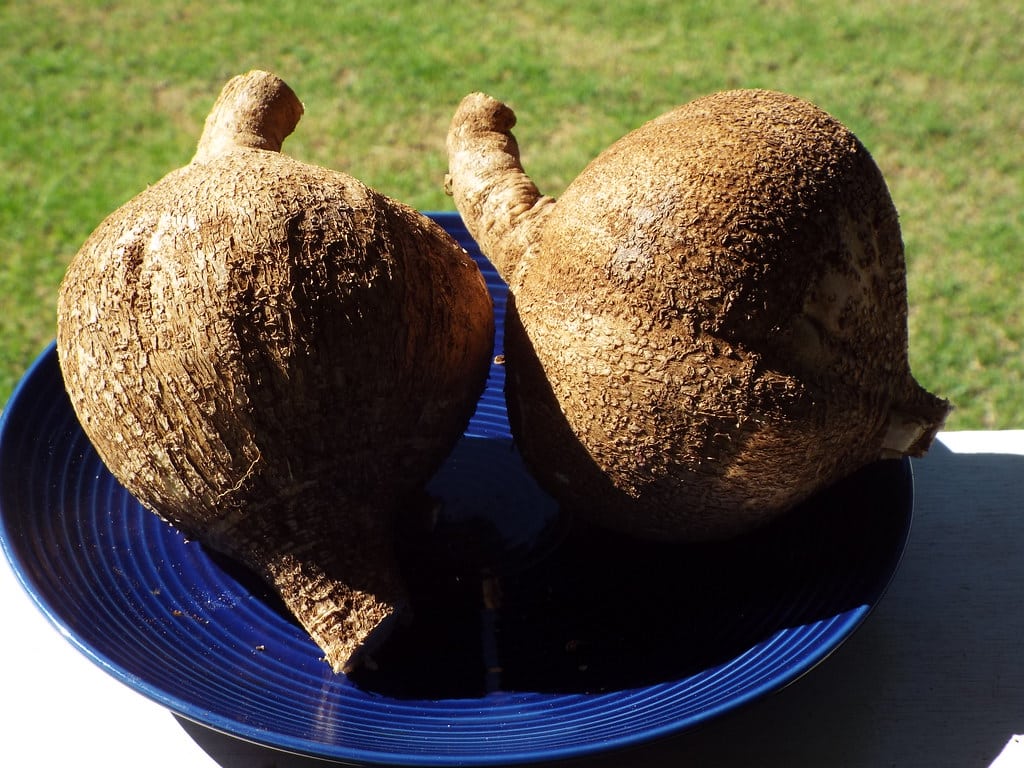
Jicama is one of the best substitutes for zucchini in recipes, and it is becoming increasingly popular.
It has a crunchy, sweet taste and a starchy texture. Jicama is a root vegetable native to Mexico, Central and South America, and the Caribbean.
It is related to the potato and can be eaten raw or cooked.
When substituting jicama for zucchini, remember that it will have a milder flavor and a more starchy texture.
This makes it better suited for dishes like salads, salsas, and coleslaws rather than casseroles or soups.
It can also be used as a topping on tacos or burritos or as a side dish for grilled meats or fish.
When selecting jicama at the store, look for firm, blemish-free pieces with dry, light brown skin. Store in a plastic bag in the refrigerator for up to two weeks.
To prepare jicama, peel away the skin with a paring knife or vegetable peeler. Then, slice, dice, or julienne as needed for your recipe.
12. Sweet Potato
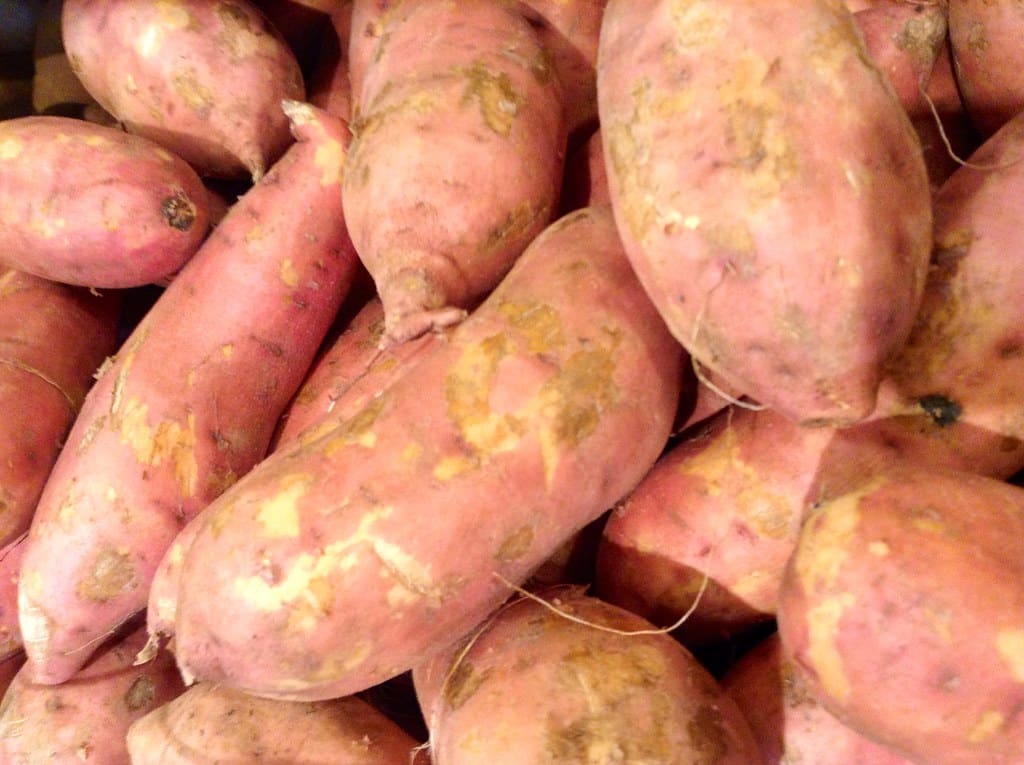
When it comes to finding the best substitutes for zucchini, sweet potatoes are often overlooked. But they can make a great alternative and bring different flavors and textures to dishes.
Sweet potatoes are denser and sweeter than zucchini, but they can still be used in many of the same recipes.
They can be boiled, mashed, roasted, or grilled and added to soups, salads, casseroles, and stews. Use sweet potato noodles instead for dishes that call for shredding or grating zucchini.
You may need to adjust the cooking time when substituting sweet potatoes in a recipe, as they tend to take longer to cook than zucchini.
13. Butternut Squash
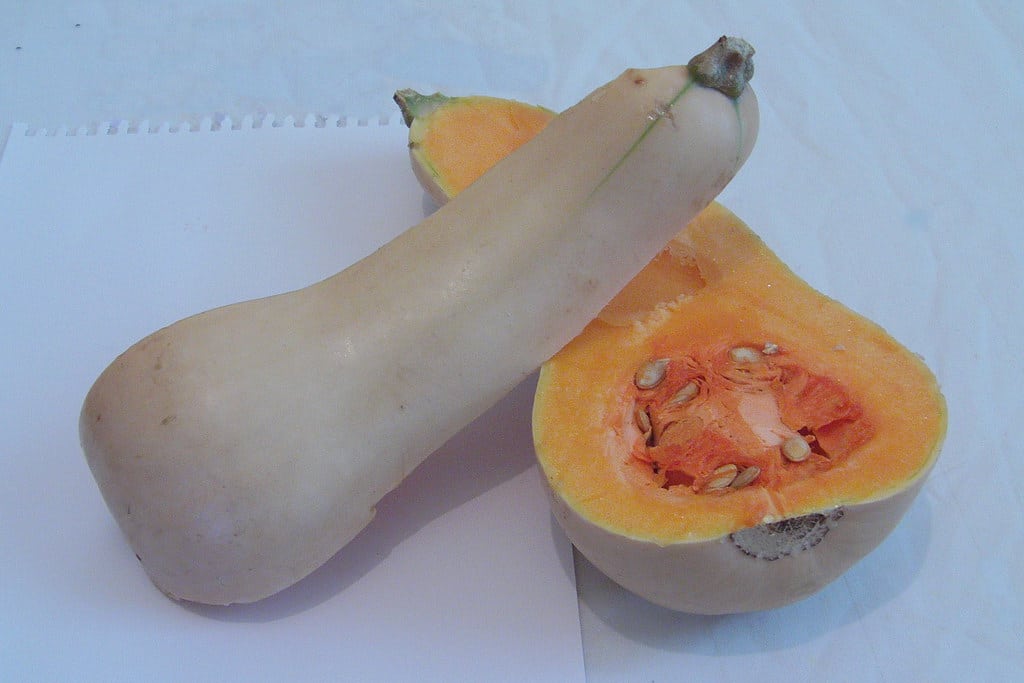
Butternut squash is one of the best substitutes for zucchini and can be used in various dishes.
This winter squash is an ideal replacement in recipes that call for diced or shredded zucchini, as it can be cooked in the same way.
Its natural sweetness and subtle nutty flavor make it a tasty addition to soups, stews, casseroles, and more.
Butternut squash can also be used as a substitute for zucchini in baked goods like muffins, cakes, and pieces of bread.
When selecting a butternut squash, look for one that is heavy for its size, with skin that is free of blemishes and bruises.
Store butternut squash in a cool, dry place, and it will keep for up to two months. To prepare butternut squash for use as a zucchini substitute, cut the top off and scoop out the seeds.
Peel the skin off and cut the squash into cubes, slices, or shreds, depending on what your recipe calls for.
Cook the butternut squash until it is tender, and then use it instead of zucchini in your favorite recipes.
14. Turnips
Turnips are one of the best substitutes for zucchini due to their similar texture and flavor.
They have a slightly sweet flavor with a crunchy texture when cooked. When raw, turnips can be used in salads or sliced and added to stir-fries and soups.
Turnips can also be boiled, roasted, mashed, or fried, making a great zucchini alternative.
They are low in calories and contain vitamins and minerals such as Vitamin C, B6, calcium, potassium, magnesium, phosphorus, and fiber.
To get the most flavor out of your turnips, try roasting them with a little bit of olive oil and garlic for a tasty side dish.
15. Rutabaga
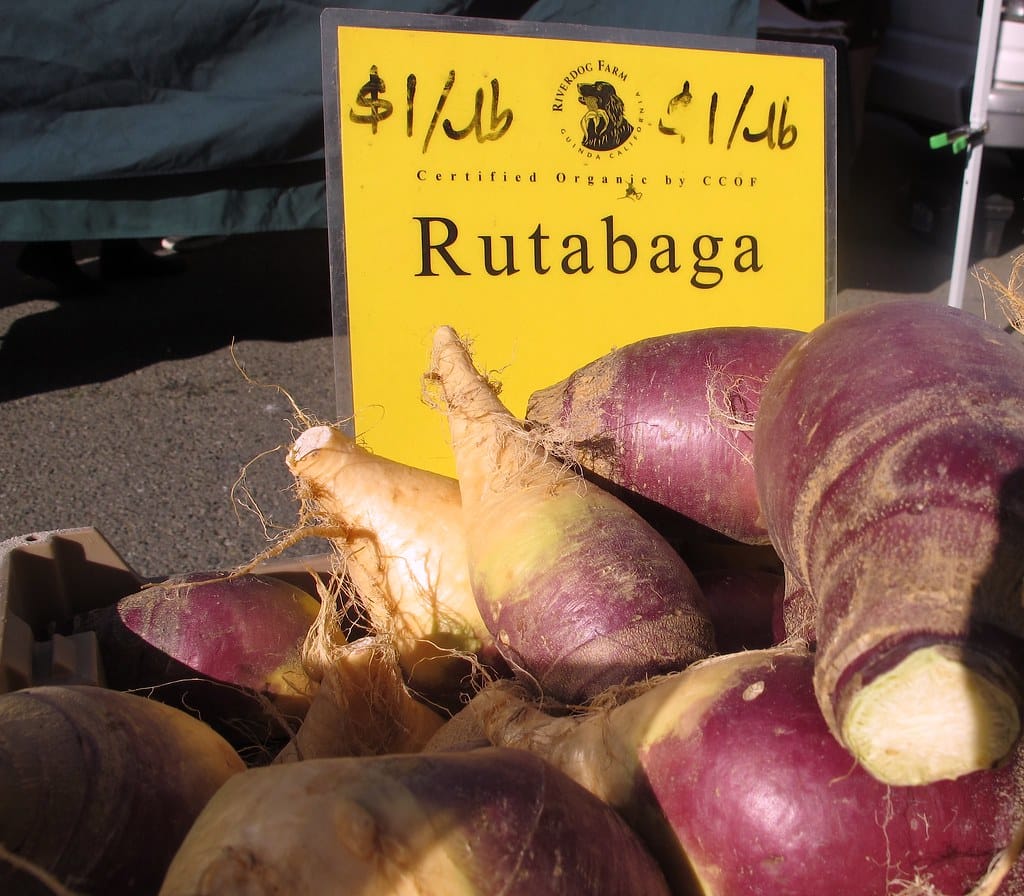
Rutabaga is a cruciferous vegetable that has a mild, sweet flavor. It looks like a turnip, but it is larger and more rounded.
Rutabaga is known as one of the best substitutes for zucchini in many dishes. It can be boiled, mashed, steamed, or roasted.
When boiled, it has a creamy, potato-like texture, making it an excellent choice for soups, stews, and casseroles. It can also be added to salads and stir-fries for added crunch.
Rutabaga has a slightly higher calorie content than zucchini, so it should be eaten in moderation.
It is an excellent source of vitamins A and C, as well as dietary fiber and other essential nutrients.
16. Beet

Beetroot, also known as beets, is one of the best substitutes for zucchini when it comes to cooking.
Beetroot can be cooked in various ways, from roasted or steamed to boiled or stir-fried.
The earthy flavor of beetroot pairs especially well with dishes like salads, soups, stews, and casseroles. Beets are a good fiber, vitamin C, magnesium, iron, and potassium source.
They are also low in calories, making them an excellent choice for those looking to lose weight or maintain a healthy diet.
Plus, they have an added bonus – the beetroot leaves can also be eaten! Just make sure to thoroughly wash and prepare the leaves before consuming them.
17. Patty Pan
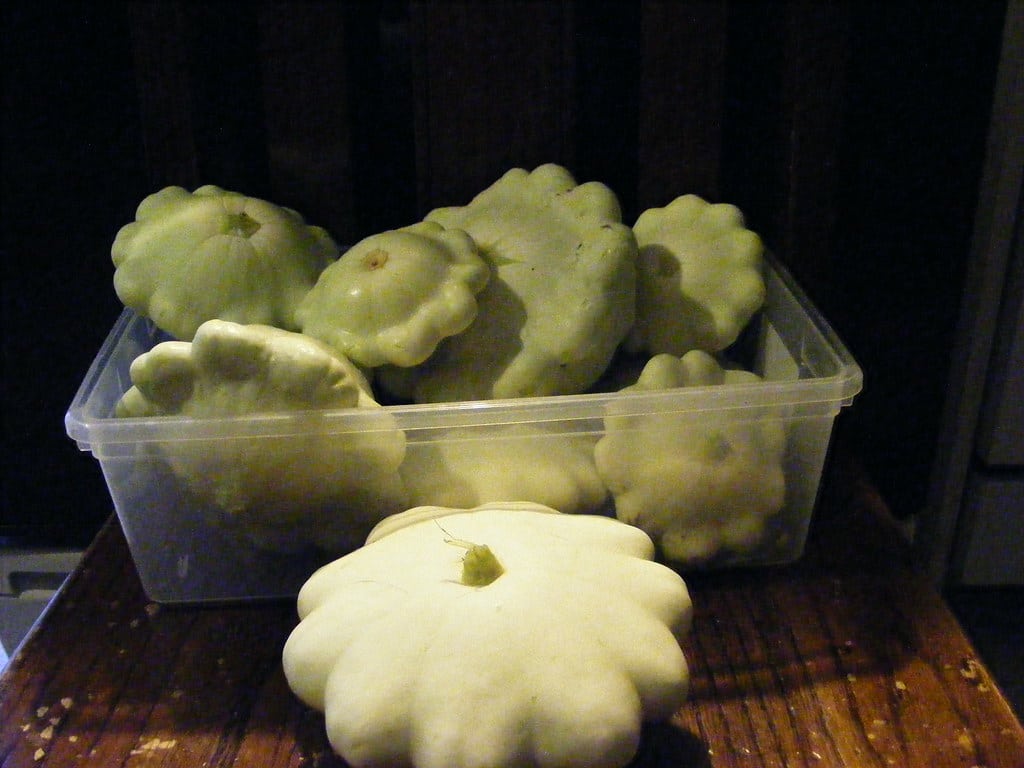
Pattypan, also known as scallop squash, is one of the best substitutes for zucchini.
It has a sweet, nutty flavor, similar to zucchini but with more intense sweetness. Its texture is also quite similar but not as dense as zucchini.
Pattypan has a unique round and scalloped shape, making it perfect for stuffing or adding a creative twist to salads or casseroles.
You can also grill, sauté, bake, or steam a patty pan just like you would zucchini. It’s a versatile vegetable that pairs well with many different flavors and ingredients.
Some of the best recipes to make with patty pan include stuffed patty pans, grilled patty pans with herbs or patty pan soup.
18. Kohlrabi
Kohlrabi is a unique root vegetable that has a mild, sweet, and slightly nutty taste. It is one of the best substitutes for zucchini in terms of taste and texture.
The outside of the vegetable is green, while the inside is white with a crunchy texture. You can prepare kohlrabi in a variety of ways, including boiling, roasting, steaming, or even grilling.
It is a great option for making stir-fries and salads and adding to soups and stews. For those looking to increase their fiber intake, kohlrabi is a good choice since it is high in dietary fiber.
Plus, it contains vitamins A and C, calcium, and iron. When selecting kohlrabi at the grocery store, look for ones that are firm and heavy for their size, with no blemishes.
19. Fennel

Fennel is an herb commonly used in Italian cuisine. It has a slightly sweet flavor that makes it one of the best substitutes for zucchini.
Fennel can be used to make salads, as a side dish, or in soups and stews. It also adds a wonderful crunch and flavor to any dish.
Fennel has a lot of vitamins and minerals, including vitamin C, magnesium, and iron.
Fennel should be chopped into thin slices before cooking and can be added to dishes at the end of cooking for a bright and flavorful burst.
20. Parsnip
Parsnip is a root vegetable that can be used as the best substitute for zucchini. Its flavor is similar to a potato but slightly sweet and nutty.
It can be used in soups, salads, roasts, and other dishes. When cooking parsnip, peeling the outer skin before use is best.
Parsnip pairs well with other vegetables, such as carrots, onions, and garlic. It can also be mashed and added to stews and casseroles.
When served as a side dish, parsnip is best when roasted, boiled, or steamed. The natural sweetness of this vegetable will bring out the flavors in your dish.
Conclusion
Zucchini is a wonderful vegetable for various recipes, but there are plenty of alternatives to choose from that can offer you the same nutritional benefits as zucchini.
From apples and parsley to turnips and kohlrabi, the possibilities are endless.
Each vegetable has its own unique flavor, texture, and nutritional profile, so it’s worth experimenting to see which one is the best substitutes for Zucchini.
Whatever you decide, it’s always important to eat a variety of different vegetables to ensure you get all the vitamins and minerals your body needs to stay healthy.




